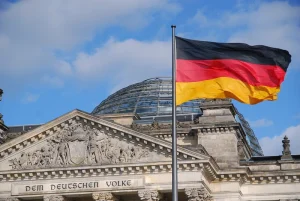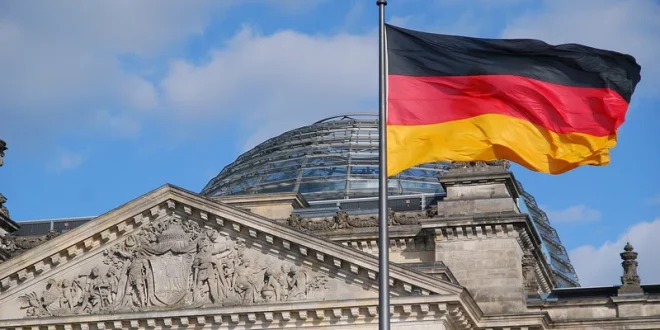
In a robust display of diplomatic displeasure, India has lodged a formal protest against Germany’s Foreign Office spokesperson’s remarks regarding the arrest of Arvind Kejriwal, the Chief Minister of Delhi.
The Ministry of External Affairs summoned the German Deputy Chief of Mission in New Delhi on Saturday to convey India’s strong objection to what it deemed as interference in its internal affairs.
The controversy erupted following comments made by the German Foreign Office spokesperson concerning the arrest of Arvind Kejriwal. The arrest, which occurred on Friday, March 22, 2024, sparked protests led by members of the Aam Aadmi Party (AAP) at ITO Chowk in New Delhi.
The Ministry of External Affairs wasted no time in addressing what it perceived as unwarranted interference from Germany. By summoning the Deputy Chief of Mission, India underscored the seriousness with which it views any external commentary on matters pertaining to its internal affairs. The move signals India’s commitment to upholding its sovereignty and autonomy in the face of external scrutiny.
Arvind Kejriwal’s arrest has been a focal point of contention within Indian political circles, with supporters of the AAP decrying what they perceive as politically motivated actions. Kejriwal, a prominent figure in Indian politics known for his anti-corruption stance, has often found himself at odds with the central government.
His arrest has reignited debates surrounding the independence of regional governments and the central government’s role in such matters.
The timing of Germany’s remarks adds another layer of complexity to the situation. Coming at a time when India is navigating domestic challenges and geopolitical shifts, any external commentary on its internal affairs is bound to be met with scrutiny. India’s response underscores its assertiveness in safeguarding its interests on the global stage.
The diplomatic exchange between India and Germany highlights the intricacies of modern international relations. In an interconnected world, where information travels swiftly and boundaries blur, the balance between respecting national sovereignty and engaging in global discourse becomes increasingly delicate.
As India asserts its position on the world stage, it reaffirms its commitment to principles of non-interference and mutual respect among nations. By protesting Germany’s remarks, India sends a clear message that it will not tolerate external interference in its internal affairs, regardless of the source.
Moving forward, the incident serves as a reminder of the importance of diplomatic tact and sensitivity in international relations. While differences may arise, it is essential for nations to engage in dialogue and diplomacy to resolve disputes and uphold the principles of sovereignty and mutual respect.
You may be interested this article:
01) Actor Govinda
 News Website I Asia News
News Website I Asia News






